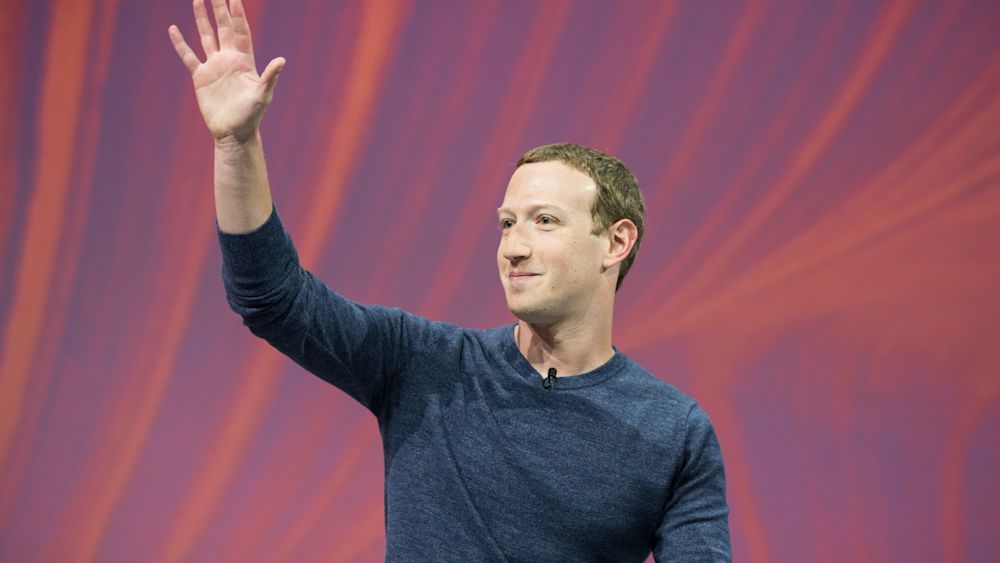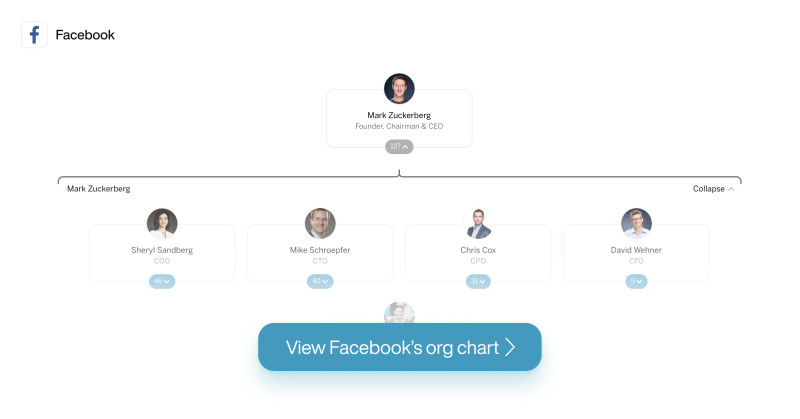- Iterate
- Meet The Team
- Facebook Joins Tech Giants in Cloud Gaming World. These are the People Taking it to New Heights.
Facebook Joins Tech Giants in Cloud Gaming World. These are the People Taking it to New Heights.
Table of contents
Facebook is the latest tech giant to get into the world of cloud gaming, but its offering something different to its rivals Google and Microsoft. Facebook's games will be free to play, and will exist in the app. We looked into the team leading this enormous new chapter for Facebook.

Building from a strong base
Facebook already has 380 million people playing its simple HTML5 games each month. The new cloud games are aimed at bolstering the quality of the site’s catalogue and increasing its gaming audience.
Although the games can already be played locally, the new service will remove all barriers between a user seeing an ad for a game and playing that game immediately (such as having to download or switch platforms).
By using playable ads, users will be able to jump straight from seeing an ad into playing the game blurring the lines between ads and games. This is also a major plus for developers who won’t have to invest so much in making ads, and it will also increase user engagement.
If users do want to download a game after playing on Facebook, they will be able to pick up right where they left off.
Facebook has kept the cloud gaming launch modest for now, only releasing 5-10 ten titles, including popular racing game Asphalt 9, saying it doesn’t want to over-promise and underdeliver.
Only a handful of states in America will be able to access the new service immediately due to the placement of data centers, but Facebook plans to scale to the rest of the country in coming months.
Notably, the new service will allow users to create an pseudonym to play, something the social network has shied away from but is an important part of gaming culture.
Challenges from the get-go
However, bringing the platform to market isn’t all smooth sailing, even for a company as powerful as Facebook.
Apple’s rules for games and commerce have seen it at loggerheads with much of the gaming industry over rules that don’t allow applications that act as third-party game stores or that distribute software as their main purpose.
Apple recently adjusted the rules to allow apps that offered a subscription to multiple games, but each game has to be individually offered in Apple’s app store to qualify. Alternatively, services can be hosted on iOS’s Safari.
In Facebook’s announcement Monday, VP of Play Jason Rubin said Apple’s stipulations were a non-starter for what Facebook was trying to build and the sequence of hurdles altogether made for a bad consumer experience.
“We don’t want people going to web Facebook 20 times a day. We have a great app,” Rubin told CNBC. “We would have to use Apple’s technology and browser on iOS, and that isn’t optimized to the benefit of cloud games.”
Building the base
Rubin said Facebook believed in the future of cloud gaming, but wasn’t trying to wow users with its technology.
“Cloud game streaming for the masses still has a way to go, and it’s important to embrace both the advantages and the reality of the technology rather than try to sell you on a promise of where it’ll be in the future.” Rubin cofounded development studio Naughty Dog in 1994, creating the “Crash Bandicoot” and “Jak” games.
He has been instrumental in Facebook’s AR/VR progress since joining Oculus as Head of Studios in 2014. This year Rubin was made VP of Play, where he is charged with expanding the company’s gaming offering on its family of apps. "If you want to reach more of the gaming audience, you have to deliver more advanced graphics and experiences, and that is the cloud platform," Rubin told Protocol.
A gaming community
Vijaye Raji, VP of Entertainment, and Vivek Sharma, Facebook’s VP, Head of Gaming, will also no doubt at the helm of the new venture.
Raji joined Facebook almost ten years ago from Microsoft and leads the gaming team from Facebook’s Seattle outpost. He said there were more than 300,000 gaming-focused groups on Facebook with more than 105 million active focusing on all levels of the gaming world, and the community was building organically.
The gaming team, he said, was focused on making users’ experiences better over time and increasing offerings.
Sharma, who along with his team has carefully planned each move in Facebook’s cloud gaming strategy, knows how unique the company’s ability to connect with millions of users is and the power of leveraging that for its new mobile-first service.
Guiding the team will ultimately be CTO Mike Schroepfer. Schroepfer, who has been at Facebook for 12 years, leads the development of technology strategies and teams, and will be instrumental in guiding the new service. Prior to Facebook, Schroepfer was VP of engineering at Mozilla where he led the global and open product development process behind Firefox.
--
The Org is a professional community where transparent companies can show off their team to the world. Join your company here to add yourself to the org chart!


The ORG helps
you hire great
candidates
Free to use – try today
